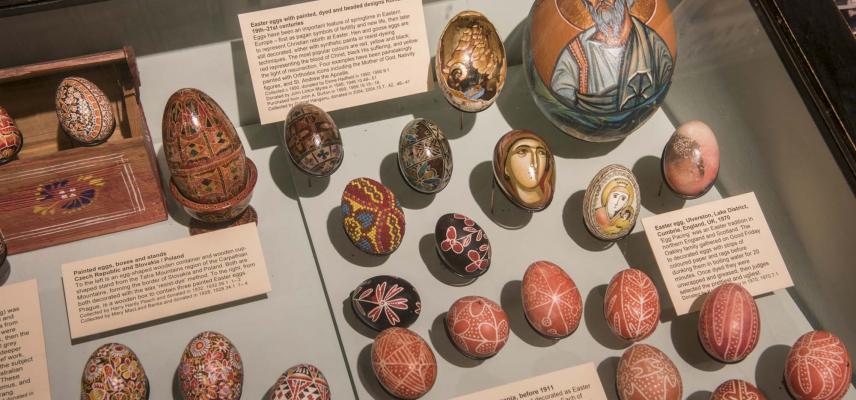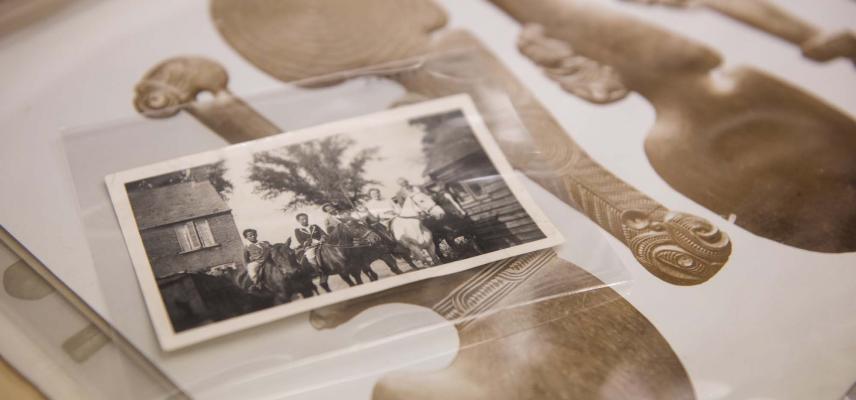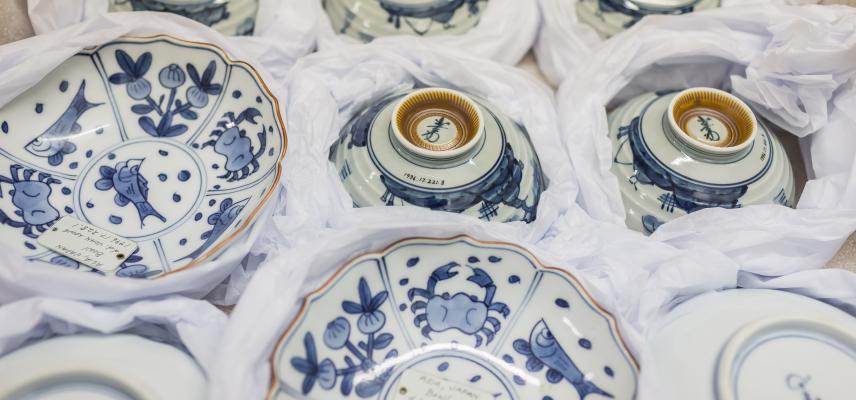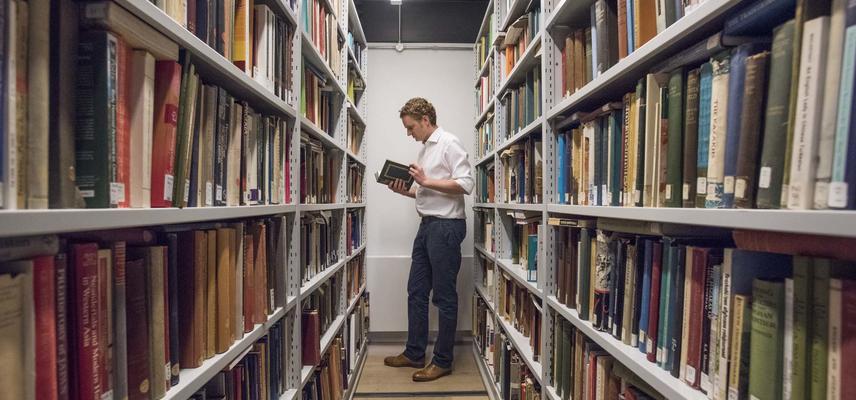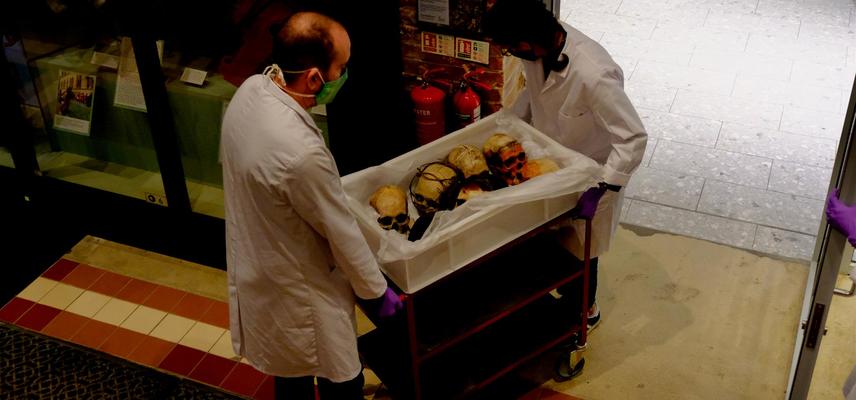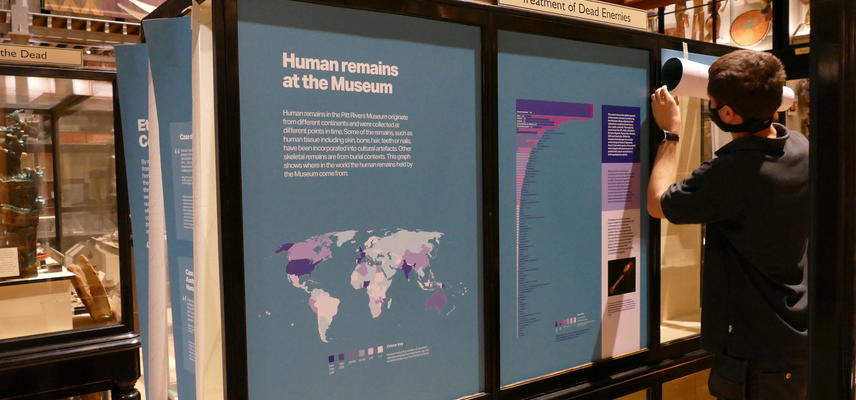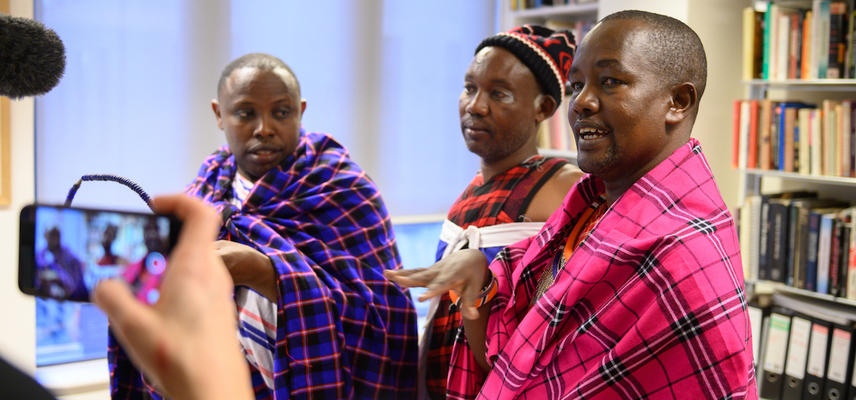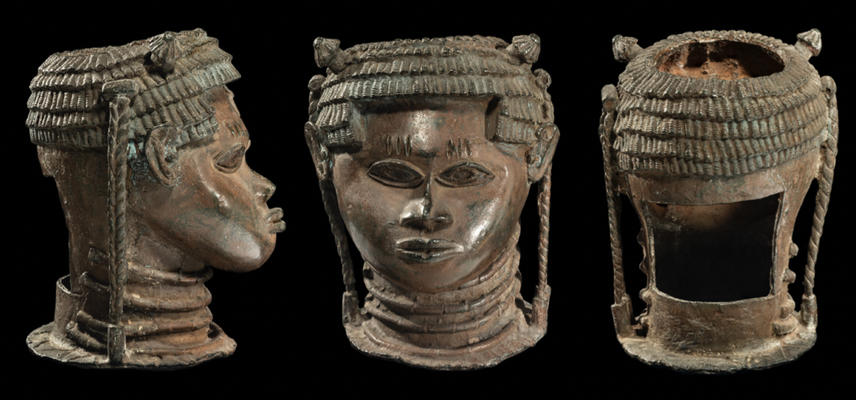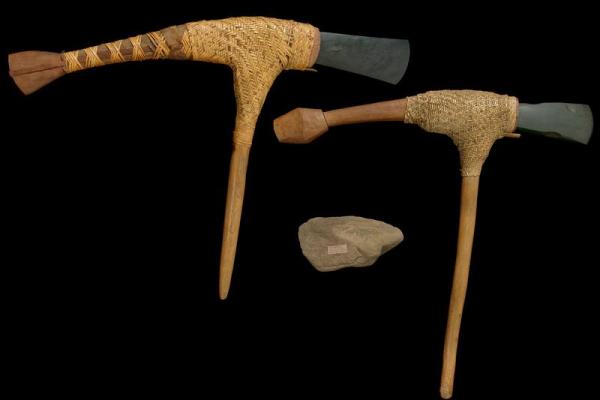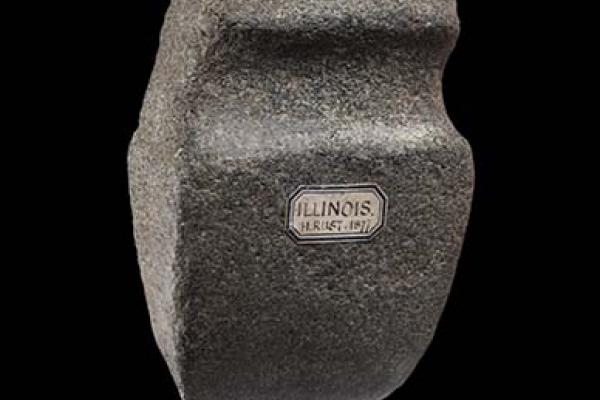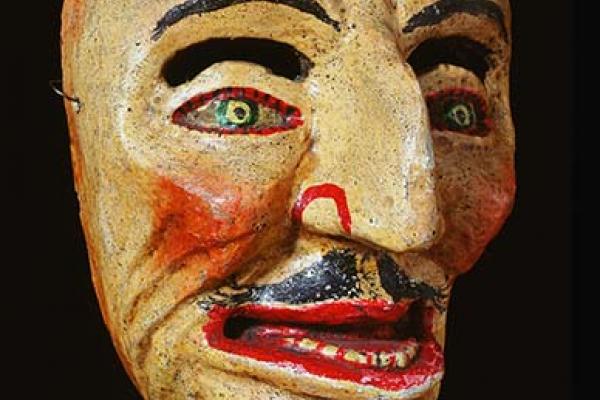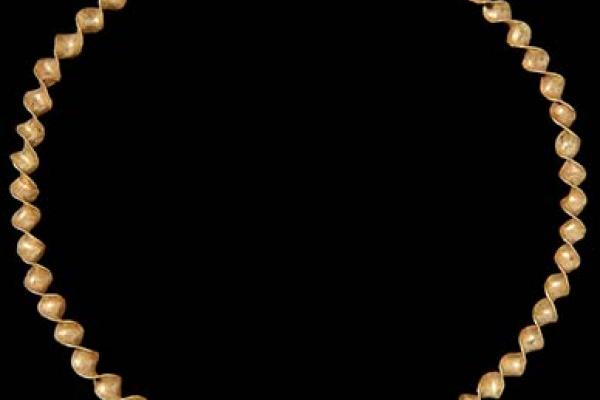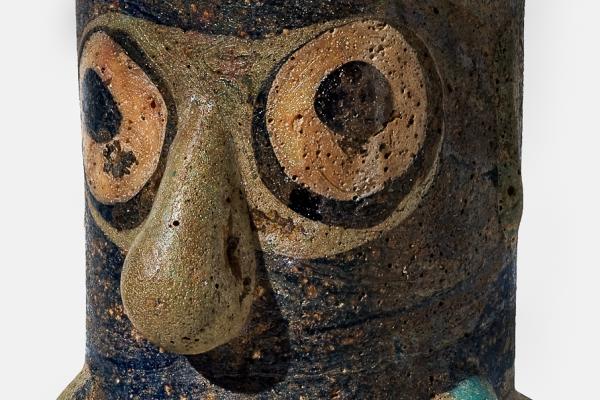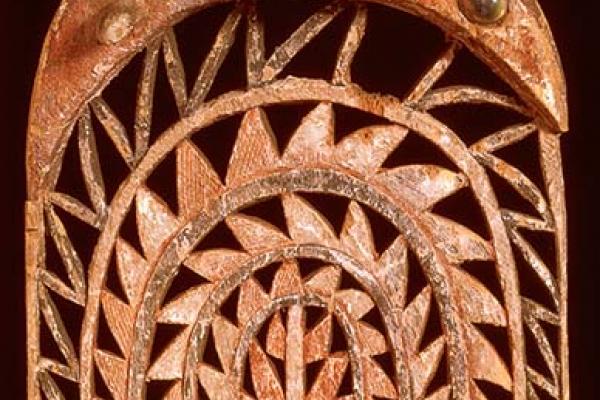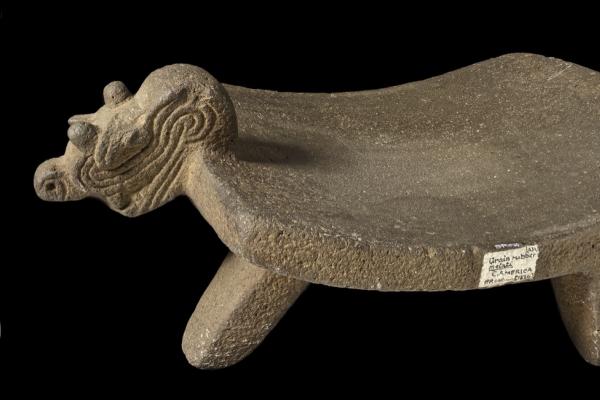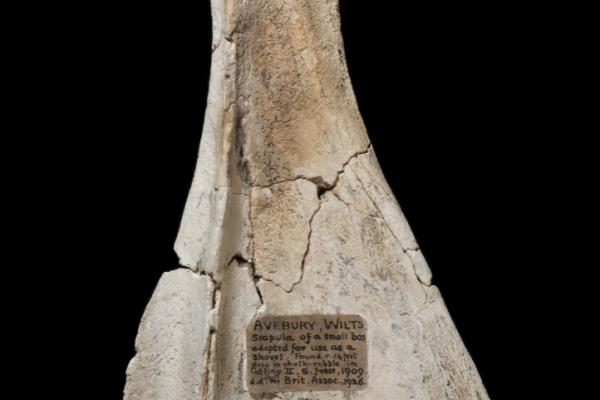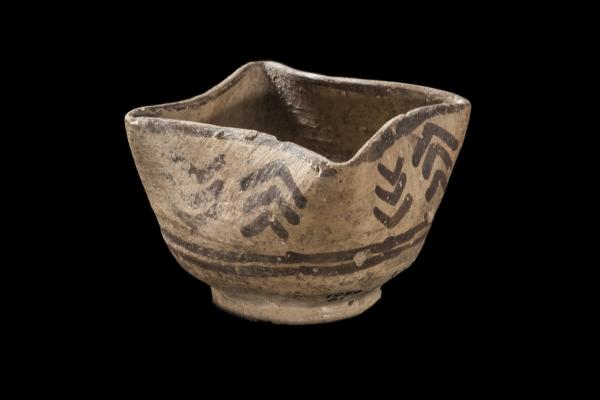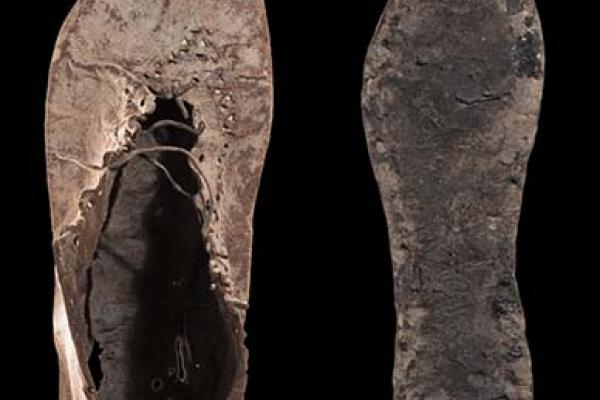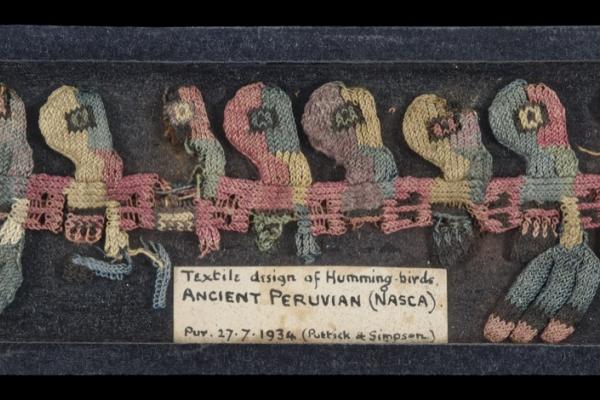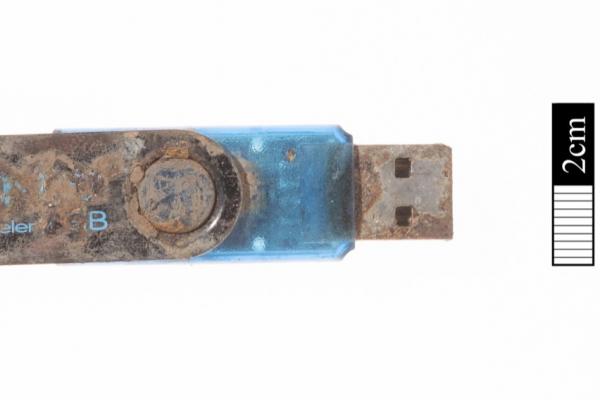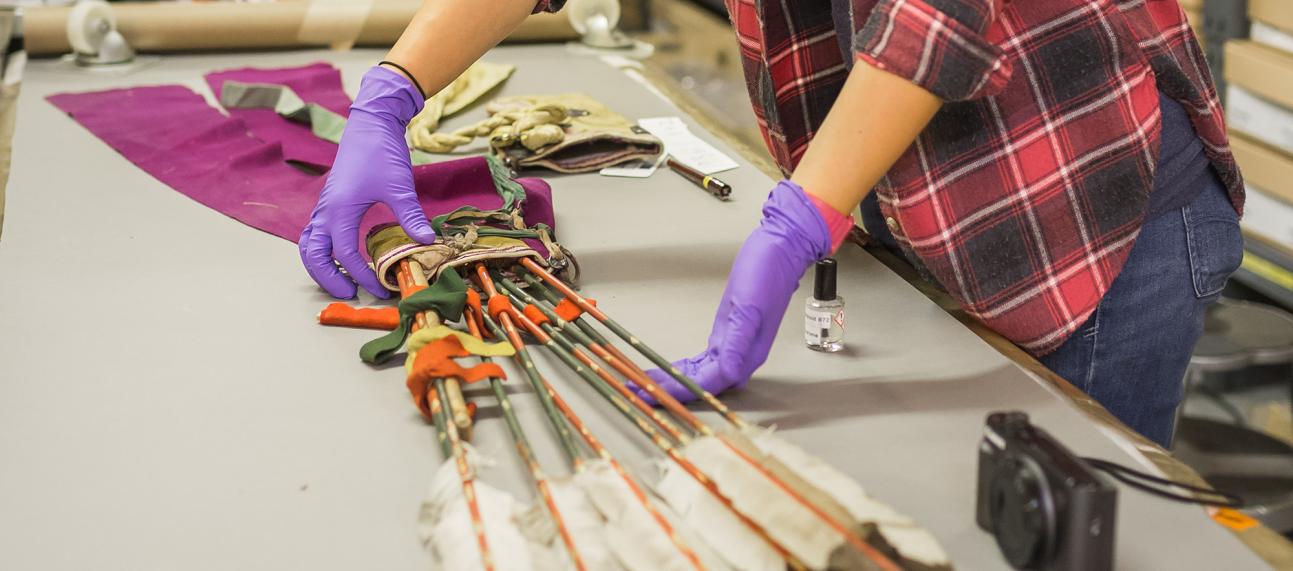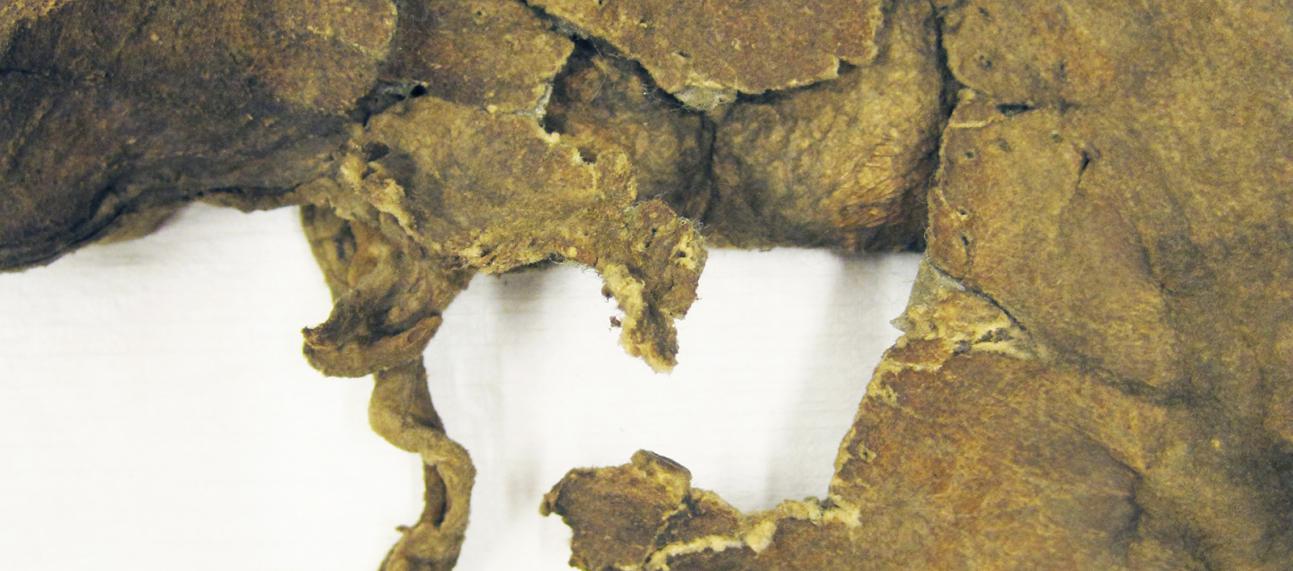Collections
On this page: Collections online | Areas of the collections | Changes to the collections | Human Remains | The Decolonisation Process | Committed to Change | The Benin Bronzes I Returns | Highlights | Using our collections | Conservation | Blogs | Policies | Contact us
The Museum displays archaeological and ethnographic objects from all parts of the world. The General Pitt Rivers's founding gift contained more than 26,000 objects, but there are now over half a million. The extensive photographic and sound archives contain early records of great importance. Today the Museum is an active teaching department of the University of Oxford. It continues to expand its collections through donations, bequests and special purchases, as well as through students in the course of their fieldwork. The collections lie at the heart of our research and partnerships.
We would like to take this opportunity to thank all those who are helping us in the time-consuming work of data cleaning our Collections Online database.
Over the last 7 years, the University has invested in a greatly improved Collections Management System (CMS), Digital Asset Management System (DAMS) and Collections Online platform for the Museum. In order to migrate our collections records into these new systems, we have undertaken significant data cleaning to allow greatly improved search ability of our collections, both internally and online. The ongoing process of updating and improving descriptions and other information for our 510,000 records requires our Collections team to work methodically through all records by hand.
The Museum's Collections Online is populated by the in-house Collections Management System (CMS) and Digital Asset Management System (DAMS) and is updated daily. Any changes made to the CMS or DAMS should appear in Collections Online the next day.
The Pitt Rivers Museum's Collections Online have always contained a cultural sensitivity warning. This now takes the form of an option to continue seeing such warnings or none at all. These preferences are stored using cookies for the whole browser session. If a user chooses to be warned about content, images are blurred until they select to open the record. This approach has been used for some years in Australia and is considered best practice when dealing with sensitive ethnographic collections. The approach does not impede the online access for anyone who does not wish to see warnings but does offer a more culturally safe environment for our many indigenous community partners, who do not wish to stumble on upsetting or culturally restricted items without first being told what to expect. We consider this approach to be a more respectful and inclusive approach to collections access online, whilst maintaining our reputation for unrivalled deep research access to our entire collection and its historical documentation.
The initial entries, including the description fields on our CMS, were created from the original handwritten accession book entries. We now have a system which has a specific sensitivity field, where we can explain any sensitivities in detail. When the sensitivity field on the CMS is populated, it triggers a blurring of the image in the online database. However, the image is visible to users who want to see it.
There are multiple reasons why an image might not be visible. In order of most likely:
- We do not yet have images for all objects in the collection. Our aim is for all objects to be digitised but this is a huge project requiring staffing and funding resources.
- The quality of the image does not meet the basic standard necessary for online viewing.
- The image shows human remains,
- The record has been marked as too culturally sensitive for general access.
- We have received a formal request from the originating community not to show the image online.
- There are legal/copyright reasons why the image cannot be shown.
If you are looking for an image in our online database and are told that the image does not exist, this means that the item has not yet been digitized. However, if you are looking for an image and are told that the image exists but is not available, please contact the Museum.
Online Collections Database
Online collections
Areas of the Collections
Ethnography and archaeology
Photographs, sound, film & archives
Conservation
The Balfour Library
The Returns Process
The Rethinking Relationships Project
Collection highlights
Axe, Papua New Guinea
Axe head, USA
Caricature mask, Mexico
Gold torc, Scotland
Glass bead with face, Cyprus
Malangan, Papua New Guinea
Metate, Central America
Ox-scapula shovel, UK
Pottery lamp, Pakistan
Roman shoe, Egypt
Textile fragment depicting hummingbirds, Peru
USB stick, UK
Using the collections
Our services
Conservation
Contact us
For ethnography and archaeology collections enquiries: objects.colls@prm.ox.ac.uk
For photograph and manuscript collections enquiries: ms-photo.colls@prm.ox.ac.uk
